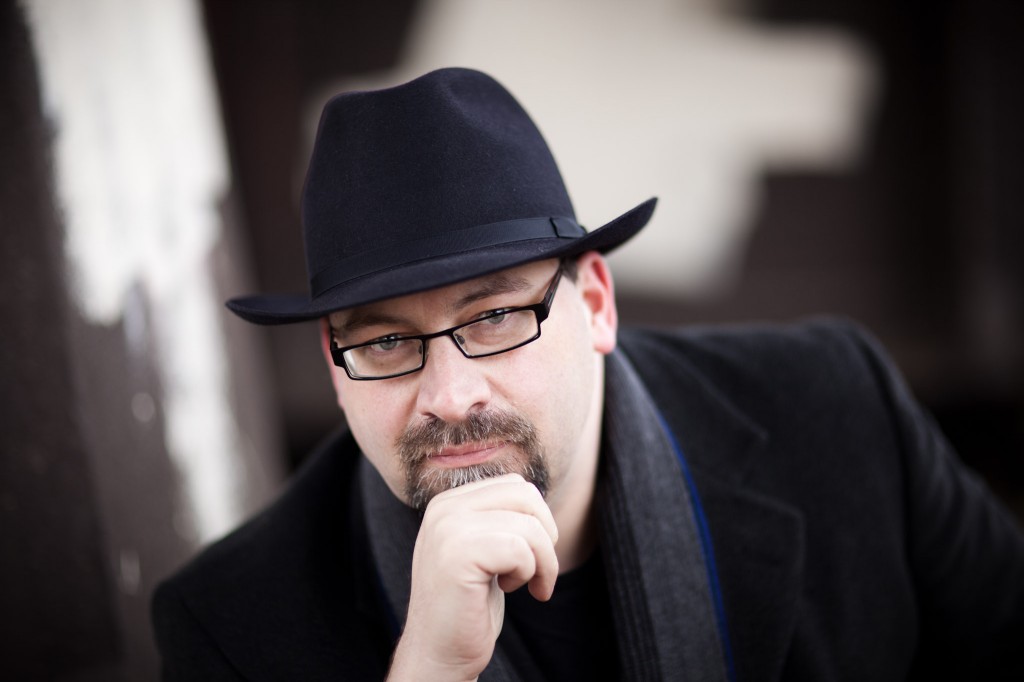There is a quite substantial interview piece with me by Colin Anderson online at The Classical Review today. We talked about recording Gal and Schumann, why I’ve paired them for this project, as well as talking about about Vftp itself and the Mahler recording. A very short sample follows, but you should check out the whole thing. He somehow manages to make me sound somewhat lucid.
KENNETH WOODS
“Well, this is a funny paradox about Gál – he is resolutely behind the times, and yet the music is incredibly fresh and original. Nostalgic? Absolutely, but in a deeply serious way – a sense of memory, longing and a connection with the past is a big part of what makes his music so moving. Nostalgia has become a bit of a dirty word in our post-modern culture – we associate it with perhaps pandering or naiveté. Gál’s music has this sense of longing for something that is challenging. You feel the loss of the past in the present, even though the past is not idealized. In pop-culture, nostalgia is associated with a sort of sanitizing of our relationship with the past. In Gál, nostalgia is part of how we come to terms with loss. Gál’s four symphonies make a nice overview of his creative life, from the tangy post-Romantic harmonies in his First to the slightly more disciplined language of the Third, to the gentler and more austere world of his late style in the Fourth.”
Gál’s Third Symphony is coupled with Schumann’s Rhenish Symphony. Why Schumann?
“I think of most Germanic symphonists like Beethoven, Brahms and Bruckner as essentially great storytellers, whose use of form is very linear and dramatic. Gál and Schumann are both part of the same tradition and tend to treat musical time with more flexibility. Gál’s Third is pretty logically laid out most of the way, but about two-thirds through the first movement there is suddenly a passage where musical time seems to break down. Suddenly there is a disembodied, seductively directionless melody for solo viola and oboe in unison over some rather exotic and static pulsating chords. It’s not something Beethoven or Brahms would have done, but Schumann might have approved. It’s certainly vintage Gál.
You can still read Martin Anderson’s review of the Gal/Schumann disc at The Classical Review here.
Colin Anderson (who did the interview piece- it gets a little confusing with all these Andersons) has a review of the disc at The Classical Source here.

Recent Comments